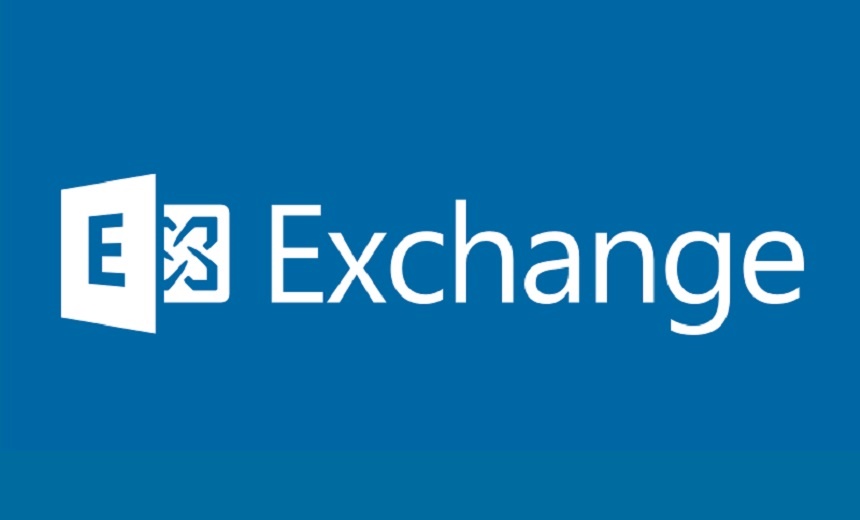Effective resource management is crucial for maximizing productivity and streamlining operations. One area where this holds true is in managing meeting rooms and spaces within organizations.
Traditionally, Microsoft Exchange has been a popular choice for scheduling meetings and coordinating room bookings. However, emerging technologies have given rise to dedicated room booking systems that offer a plethora of benefits over Exchange.
A study by the Aberdeen Group found that organizations that use room booking systems are 25% more likely to be satisfied with their meeting room management process.
A room booking system, like ecobook, can help employees have the same level of functionality while providing more control over the rules and greater flexibility in managing the rooms.
In this article, we would like to explore areas where using Exchange may not be the most ideal when it comes to managing rooms and resources.
Creating A Room
To create a room resource in Exchange, you need to have the necessary permissions to create resources. The Exchange administrator will log into the administration panel of Exchange and configure the room and set business rules.
You must be a trained expert to set up a room. This prevents users from managing their rooms as needed.
Listing a new room is a tedious task. You have to raise a service request to the IT team and get approval. This process is complicated because many organizations outsource their exchange server administration to third-party providers. These providers have their own set of policies and procedures.
To add to the complications, if you want a specific group of users with special privileges, you have to first manage them in Active Directory. Only someone proficient in Microsoft Exchange can do that.
A quick change of the business rules may not be possible as it requires you to go to the IT department to implement those changes.
With ecobook, the ability to create a room lies in the hands of business users who are directly in charge of creating and managing the rooms. There is no involvement of the IT department. You do not need administrative privileges on the server to be able to set up and manage a room.
This way, business users and the facilities team can respond to changes faster while the role of IT is only to ensure that the system is functioning alright. The IT team welcomes this because they don’t want to involve themselves in the operation of managing meeting rooms.
Business Rules
While Microsoft Exchange provides a suite of business rules to manage meeting rooms and desks, it is limited by a lack of comprehensiveness in terms of the fine-grained control that room owners come to expect. For a front-end staff managing meeting rooms, business rules changes and special requirements exist that cannot be implemented in Exchange.
When using a room booking system like ecobook, users get a lot of flexibility in terms of existing features and the ability to customize and build new features that will augment the business rules. If you want to block a room for a specific duration, the administrator just needs to fire up the browser. The change in settings is reflected immediately.
Booking Process
The booking of a room is similar to that of inviting a person to a meeting. While you can check the availability of the room using the scheduler built-into Outlook, Exchange does not provide intelligent filtering that shows you only the rooms that are available at the specific time slot. The user will have to check the availability of each room by including it in the scheduler.
You may want to reserve a room that needs approval. You send the invitation to the room. The delegate of the room acts on it. The invitees also get invitations. This means that if for some reason, the approval is not given, then the invitees also have to be notified. This causes a lot of emails to go back and forth.
Approvals & Workflow
With Microsoft Exchange, you can set rooms to accept or reject bookings based on certain criteria. If manual intervention is needed to screen through the bookings, the mailbox of the room is delegated to another user who can manage the bookings. The user who has been assigned to act on behalf of the room must vet each request. There is no scope to implement a custom rule-based workflow.
Contract/Part-Time Workers
You have to be connected to Microsoft Exchange to reserve rooms. In many organizations, this means that employees must have a Microsoft Exchange account to be able to reserve rooms.
There are a lot of contractual employees, part-time workers, and non-organizational parties who work in the office. There may be a need for these people to book rooms. Since they do not have an Exchange account created for them, they will have to approach someone who is part of the organization. Such a person will help them to reserve rooms. This becomes a hassle for both parties.
With a web-based room booking system, there is no need to have an Exchange account. Once logged in, even temporary or part-time employees can perform all the necessary room booking and management like a permanent employee who has an Exchange account. This opens up possibilities in terms of collaboration and relieves employees from making on-behalf bookings.
Extending & Enhancing Room Booking Systems
Extending or enhancing the room booking system with Microsoft Exchange is rather difficult. The exchange team needs to put in a lot of effort. There are also restrictions on using Exchange APIs in large organizations due to security reasons.
With a modular and extendable framework like ecobook, the ability to enhance the booking system is made easier. Apart from a wide variety of existing modules, new ones can easily be developed without the involvement of the exchange team.
Concluding
While Microsoft Exchange has long been a trusted solution for managing calendars and scheduling meetings, dedicated room booking systems offer a range of benefits that significantly enhance the efficiency of managing meeting spaces. Like, say for instance, with ecobook, the power to manage meeting rooms and resources is in the hands of the business user.
Embracing the power of a room booking system is a smart investment for any organization seeking to optimize its resources and drive productivity to new heights.





